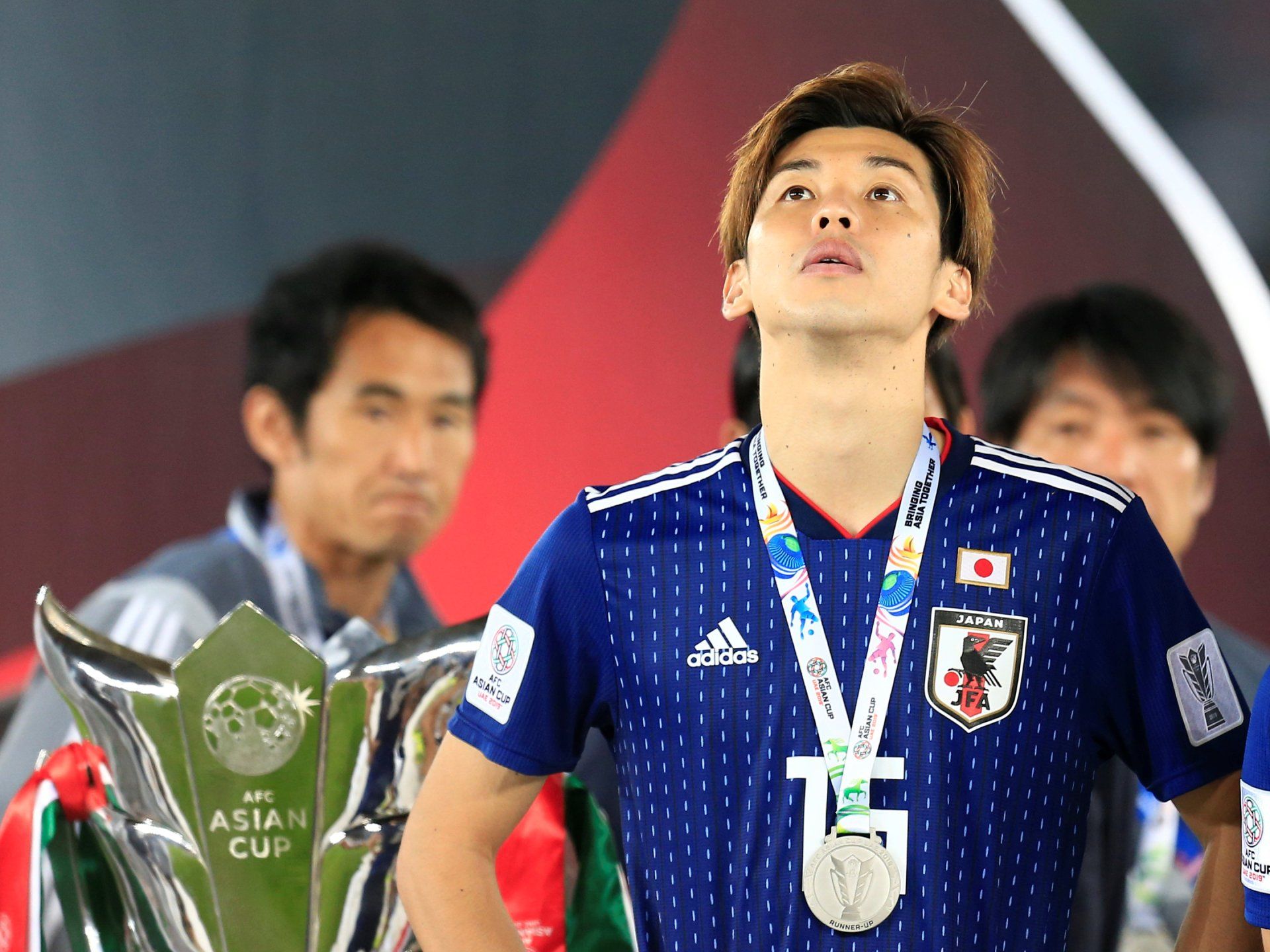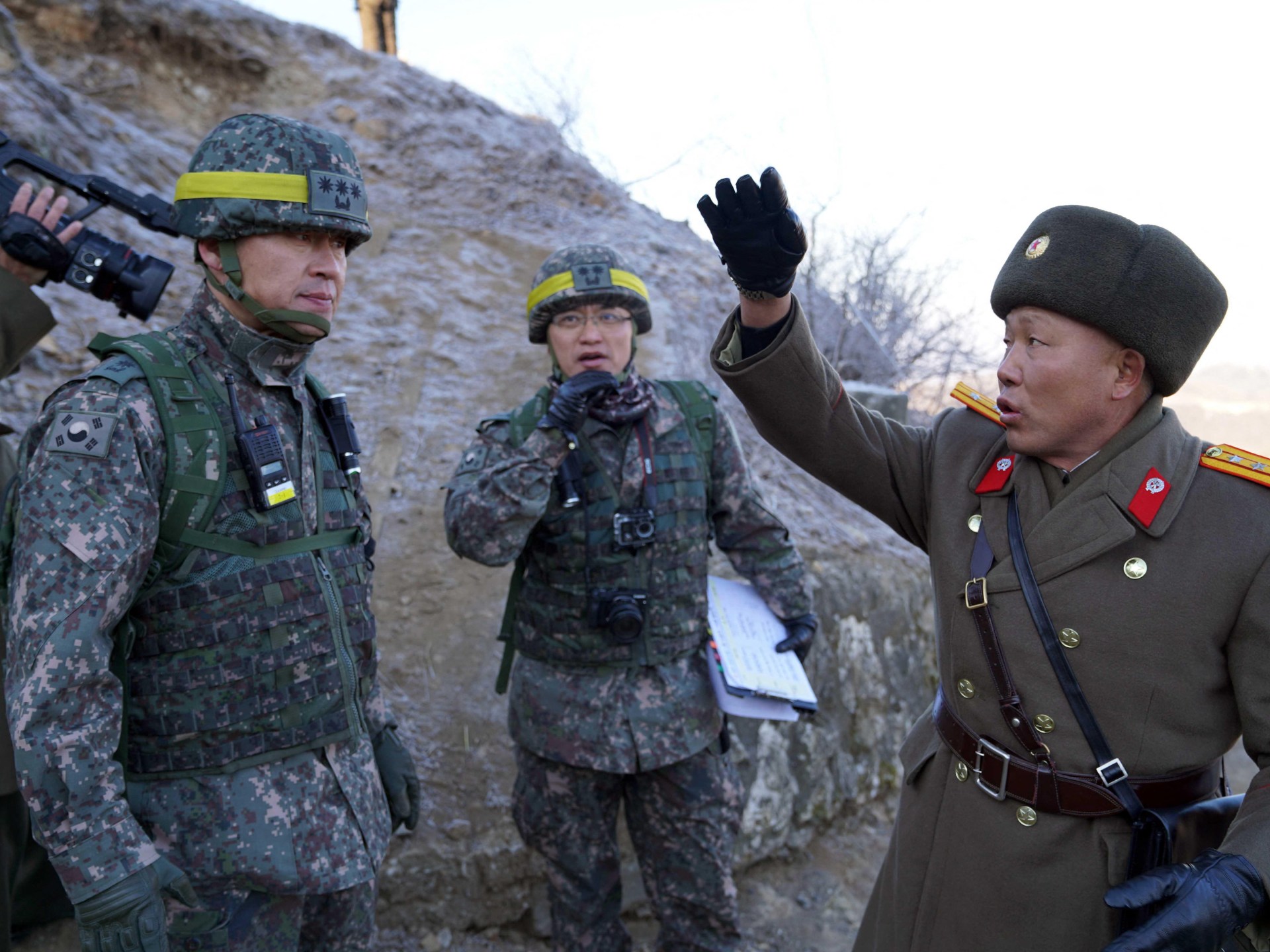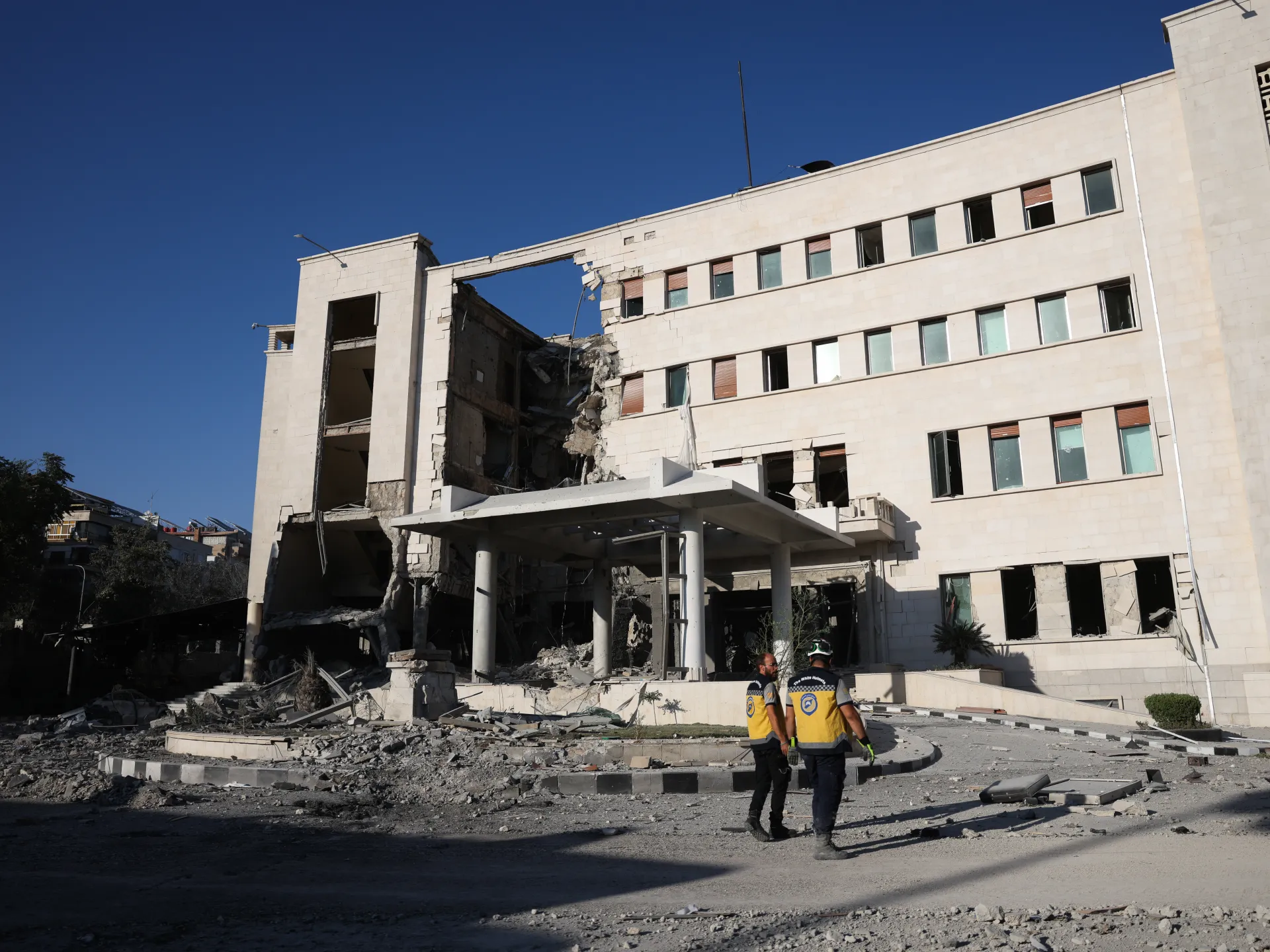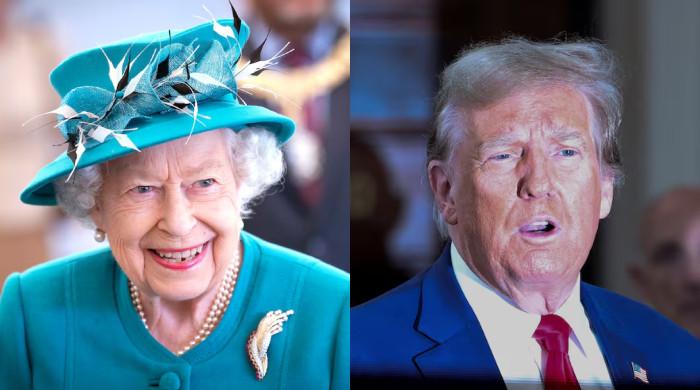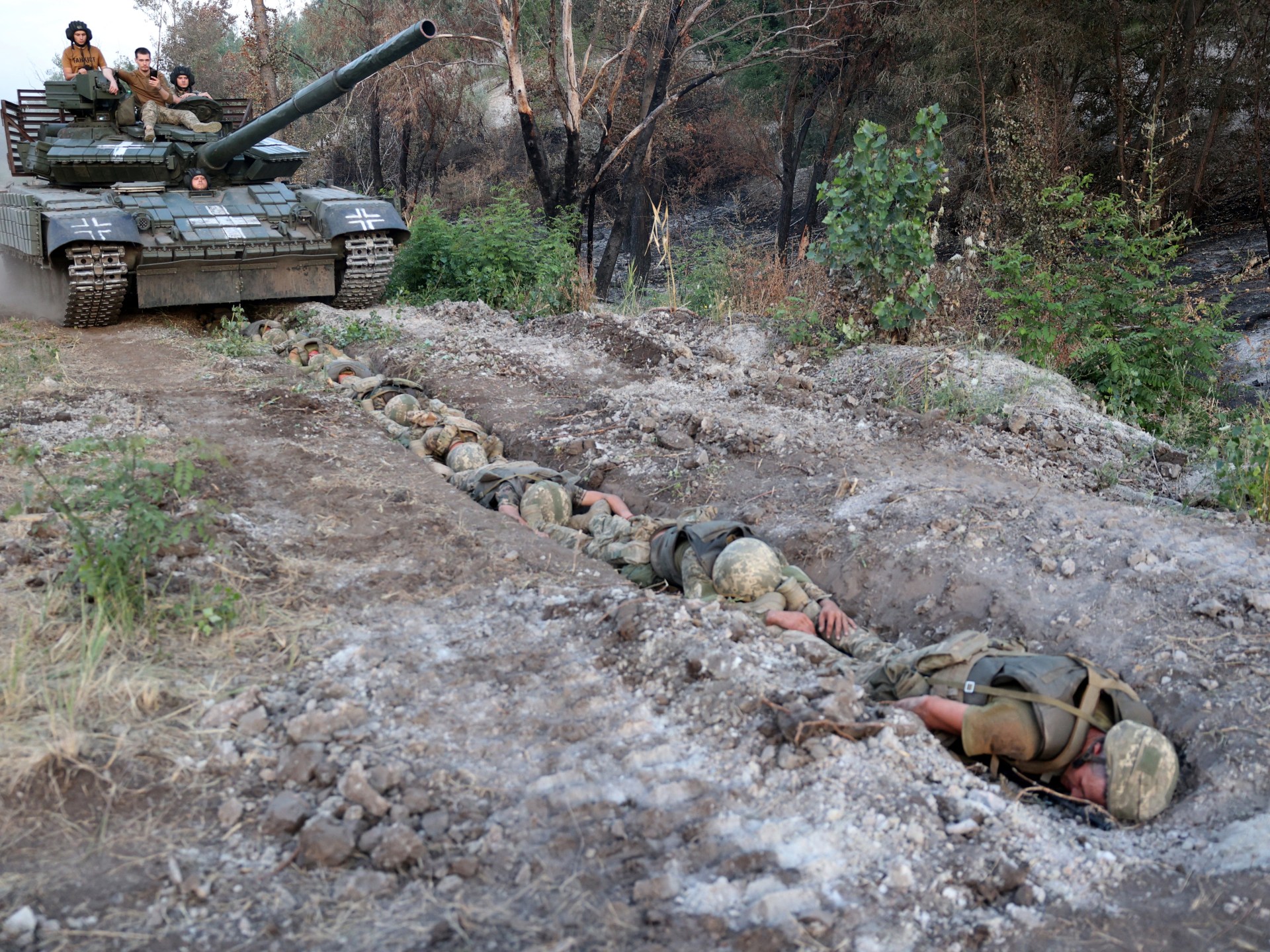The 2023 AFC Asian Cup, hosted by defending champion Qatar, begins on January 11.
A bright array of star names are spread among some of the favorite teams vying to be crowned Asia’s best. Here are five of the best teams:
1. Japan
Defeated in the final by Qatar in 2019, Japan is the clear favorite to lift the Asian Cup trophy this time, which would be a record-extending fifth crown. The resources of tThe highest ranked FIFA team (17th) in the Asian Cup is very strong that the Japanese coach, Hajime Moriyasu, has been able to leave out Lazio midfielder Daichi Kamada.
Making that decision even more controversial is the selection of Kauro Mitoma, who was initially ruled out for six weeks by his club Brighton when he injured his ankle in December. It’s a big gamble on Moriyasu’s part and it could backfire spectacularly if Mitoma fails to regain his full form and, with it, the form that he has seen so vehemently endorsed by his coach.
Waturo Endo, who moved seamlessly from Stuttgart to Liverpool this season, will provide central stability in Japan’s midfield and is a proven player.
However, the player who could light up not only Japan but the tournament itself is T.akefusa kubo. If the Real Sociedad midfielder can translate his La Liga form to the Asian Cup, then this could be the coming of age moment for a player who has been courted by Barcelona and Real Madrid during his childhood. If Kubo confirms his potential in Qatar, top clubs around the world could be lining up to sign him in the summer.
Japan have appeared in five of the last eight finals, so whatever stage they meet in, they will be the team to beat.
7️⃣ former champions will appear in #AsianCup2023!
Who will add another feather to his cap? pic.twitter.com/ZVO739Dfvx
– #AsianCup2023 (@afcasiancup) January 5, 2024
2. South Korea
From the player with the greatest potential to the player with the best career in Asian football, Son Heung-min is the captain of a team chasing the Premier League title at Tottenham Hotspur, where he has helped fill the void left by Harry Kane . Move to Bayern Munich. He is also a three-time Asian Footballer of the Year.
Son will be the main focus of his country’s aspirations to close the gap on Japan’s record haul of Asian crowns, having lifted the trophy on only two previous occasions, and not since 1960. South Korea, keliminated by Qatar in the quarterfinals in 2019, They are balanced at the other end of the field by “The Beast” – Kim Min-jae. The Bayern Munich center back, who helped Napoli ends 33-year wait for a Serie A title last season, he will be the rock his team can rely on.
The trio of star names from South Korea is completed by Lee Kang-in. The Paris Saint-Germain striker could benefit from some extra space if opposing defenses focus on Son. This, of course, could work the other way around, but either way, the forward pairing will be a formidable threat as South Korea aim to end 64 years of pain and lift the Asian Cup once again.
3. Saudi Arabia
Saudi Arabia, winner of Argentina in the group stage of the 2022 World Cup in Qatar, is the clear rival of the two favorites in East Asia.
The Saudi Pro League underwent a major transformation in 2023 with the arrivals of Cristiano Ronaldo, Sadio Mane and Neymar spearheading a talent import that elevated the competition to a new level. That increase, in turn, will have had a trickle-down effect on the Saudi players already plying their trade in the league.
The training, tactics and experience gained from purchasing world-class names can only benefit the growth of Saudi football. However, Al Hilal’s Salem Al-Dawsari will highlight his own development after he shot to fame with the winning goal against Argentina.
The 32-year-old winger made history with his shot from the edge of the area and, thanks to it, won the 2022 Asian Footballer of the Year award.
Another player who could have a similar impact in this tournament by scoring goals and starts for Saudi Arabia is Firas Al-Buraikan. The 23-year-old has 16 goals and assists in 17 games for Al Ahli this season, the most by a Saudi national in the league.
Meanwhile, Nawaf Al-Aqidi will fight for praise, or at least consideration, as Asia’s number one goalkeeper. The Al Nassr goalkeeper is already used to stopping Ronaldo and Mané’s shots in training. The three-time winners and six finalists have not lifted the trophy since 1996.
2⃣4⃣ TEAMS 🌏
1⃣ TROPHY 🏆
He #AsianCup2023 the champions will be ______ pic.twitter.com/if2siCzRVq
– #AsianCup2023 (@afcasiancup) January 4, 2024
4. Qatar
The defending champions will be brimming with confidence in this edition, for which they have the added advantage of playing at home. This is an advantage that many nations will attest to over the years, but it can also carry great weight. The 3-1 victory in the 2019 final against Japan turned the odds and gave Qatar its first Asian Cup win.
Akram Afif remains Qatar’s star name, etched in history for his penalty that sealed the final four years ago. Signed by Villareal in Spain in 2016, the 27-year-old returned as a hero to Al Sadd, where it all began for him, in 2020. Although Afif scored in the last preparation match for this tournament, he could not prevent his team from falling in a 2-1 loss to Jordan, which will have had a disturbing effect on the team.
The highest FIFA ranking achieved by The Maroons before winning the Asian Cup was in 1993, when they reached 53rd place in the world. Their victory against Japan propelled them to 42nd place, but they have since fallen to 58th, two places below Saudi Arabia.
On the two previous occasions they hosted the Asian Cup, they reached the quarter-finals in 2011 (losing 3-2 in the final minute of the match to eventual winners Japan) and missed out on the semi-finals in 1988 by one point in the then five games. team group stage.
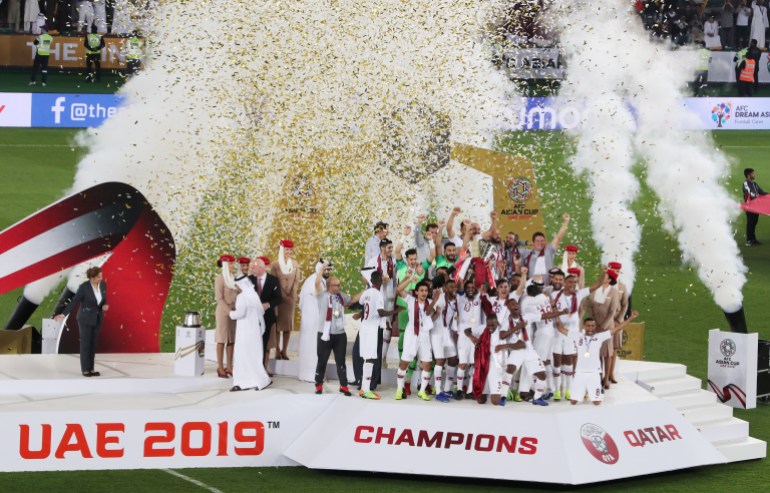
5. Iran
Iran was the golden boy of Asian football in the 1960s and 1970s, winning three consecutive titles in 1968, 1972 and 1976. They have never reached the final since.
That hasn’t stopped them from seeking success on the world stage, where the World Cup has been a joyous playground. They have made six appearances in the tournament, including the last three editions and the first two years after their last Asian Cup victory. This has seen them rise to 15th in the world rankings, but they have never made it past the group stage at a World Cup. They are currently ranked 22nd, two places above South Korea.
Is a return to the finals in sight after more than four decades for Iran? One thing is certain: with their performances on the world stage and the resulting rankings, Iran cannot be considered an underdog or a dark horse at any stage of the event.

